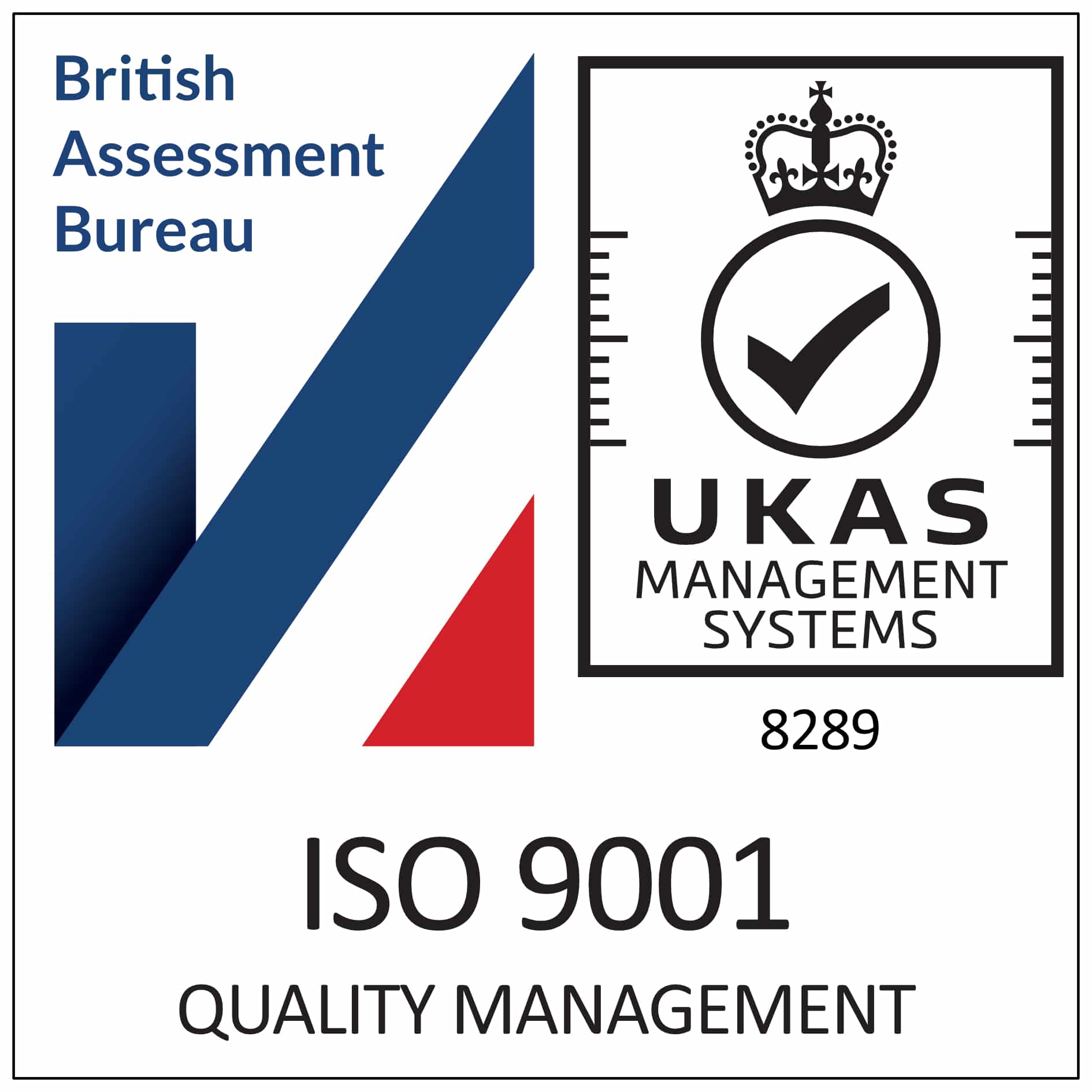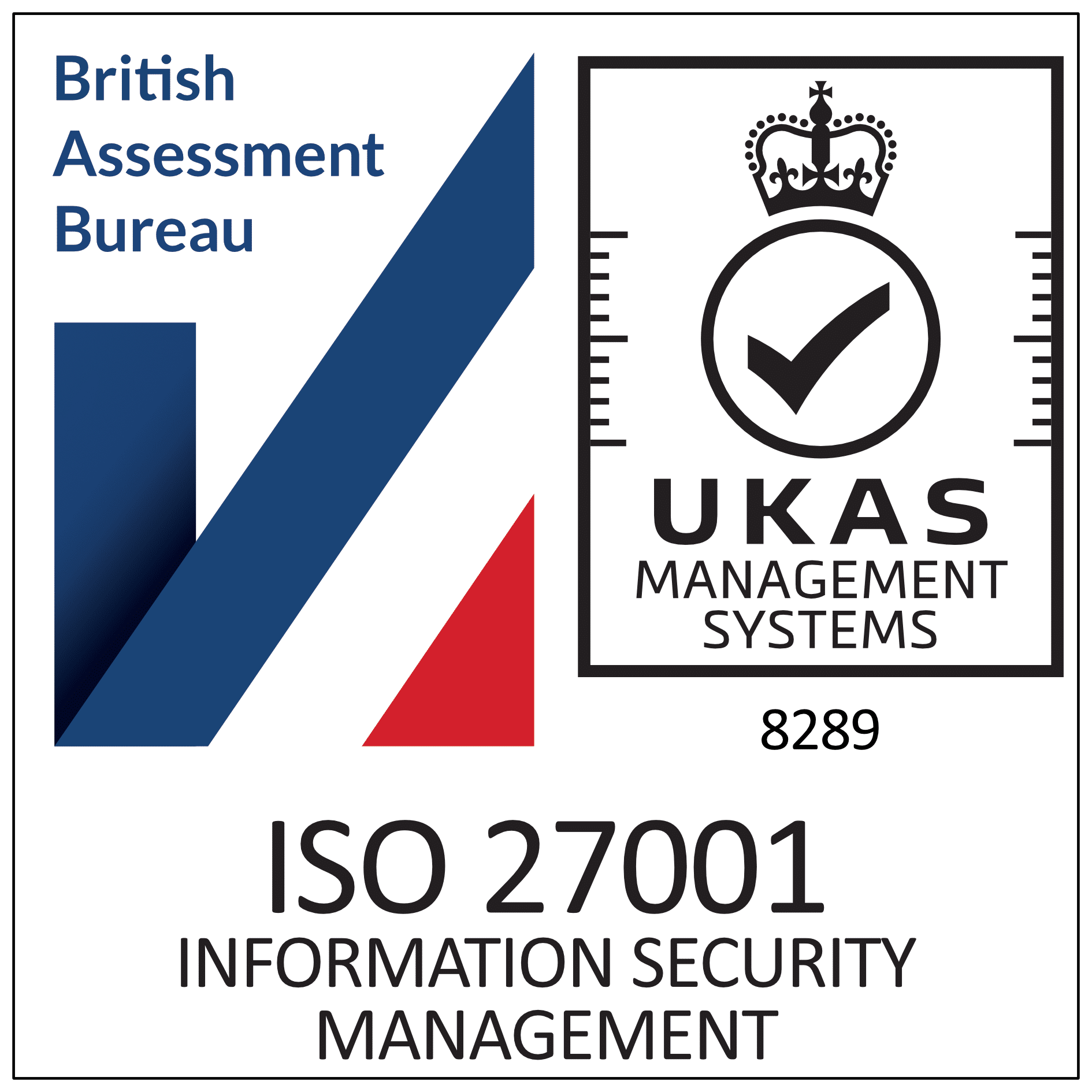As a Chief Financial Officer (CFO) in the UK, navigating economic uncertainty is a critical aspect of your role. Economic conditions can fluctuate due to various factors, including geopolitical events, market volatility, regulatory changes, and global economic shifts, making financial management more challenging. To steer your organisation through these uncertainties, it’s essential to adopt a strategic approach and consider various key areas of focus. In this blog post, we’ll discuss five vital areas CFOs should concentrate on and emphasise how an Enterprise Resource Planning (ERP) system can be a valuable investment during these uncertain times.
Risk Assessment and Management
In times of economic uncertainty, it’s imperative to conduct a thorough risk assessment to identify potential risks that could impact your organisation’s financial stability. Consider both internal and external factors, including market dynamics, regulatory changes, supply chain disruptions, and currency fluctuations.
Risk Mitigation Strategy
Develop a comprehensive risk management strategy to mitigate identified risks effectively. This may involve diversifying investments, hedging against currency risks, renegotiating contracts with suppliers, or optimising the debt portfolio to minimise interest rate exposure. Regularly reassess and update your risk management plan to adapt to changing economic conditions.
Cost Optimisation and Efficiency
During economic uncertainty, cost optimisation becomes paramount to ensure the sustainability of your organisation. Conduct a comprehensive review of all operational expenses and identify areas where cost savings can be achieved without compromising essential business functions.
Efficiency Enhancement
Implement efficiency measures such as process automation, lean operations, and streamlined workflows. An ERP system can be instrumental in offering real-time visibility into operations and enabling data-driven decision-making for cost-effective strategies. It helps streamline processes, reduce redundant tasks, and optimise resource allocation, resulting in significant cost savings over time.
Cash Flow Management and Liquidity
Maintaining healthy cash flow is crucial for navigating economic uncertainty successfully. Evaluate your organisation’s cash flow projections and liquidity position regularly. Work on optimising cash conversion cycles, managing working capital effectively, and negotiating favourable payment terms with suppliers.
An ERP system equipped with robust financial modules provides accurate and timely financial data, enabling you to accurately monitor cash flow, track receivables and payables, and accurately forecast cash requirements. This enhanced visibility allows for proactive cash flow management, ensuring the availability of funds to meet immediate obligations and pursue strategic opportunities.
Scenario Planning and Forecasting
Given the volatile economic environment, scenario planning and forecasting are essential tools for effective financial management. Develop multiple scenarios based on varying economic conditions to anticipate potential impacts on your organisation’s financial performance.
Leverage your ERP system’s analytical capabilities to model different scenarios, assess their financial implications, and create contingency plans accordingly. By understanding how your organisation may be affected under various circumstances, you can make informed decisions and adapt strategies to minimise negative outcomes and capitalise on positive opportunities.
Investment in Technology, Including ERP Systems
Investing in the right technologies is an essential aspect of navigating economic uncertainty effectively. An ERP system is a prime example of technology that can provide significant value to CFOs and their organisations, even though it involves an initial investment.
ERP Benefits in Economic Uncertainty
ERP systems integrate various business processes and functions into a centralised platform, providing real-time data, improving operational efficiency, enhancing collaboration, and supporting informed decision-making. In times of economic uncertainty, having a comprehensive view of your organisation’s financials, operations, and resources is invaluable. An ERP system streamlines financial processes, enhances accuracy in reporting, and supports compliance with evolving regulations.
Furthermore, an ERP system allows for better risk management by identifying financial and operational risks early on and enabling proactive measures to mitigate them. The efficiency gains achieved through process automation and streamlined workflows contribute to cost savings, ultimately improving the bottom line.
CFO Strategies in Economic Uncertainty
In conclusion, economic uncertainty necessitates a proactive and strategic approach for CFOs in the UK. By focusing on risk assessment, cost optimisation, cash flow management, scenario planning, and leveraging the right technologies like ERP systems, CFOs can lead their organisations through challenging economic times. With the right strategies and tools in place, organisations can weather economic storms and position themselves for future growth and success.
Feel free to check out some of our other linked blogs below. If you would like any more information, our trusted consultants are on hand to answer any questions, simply fill out the Contact Us form below.




